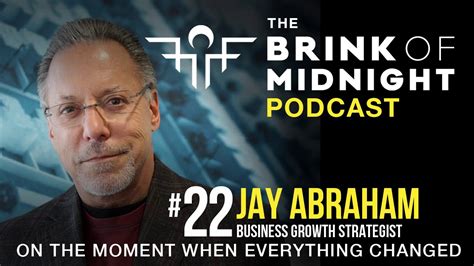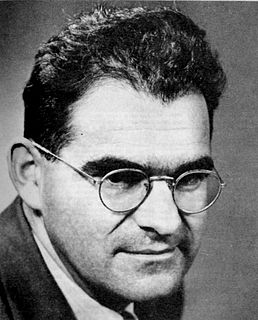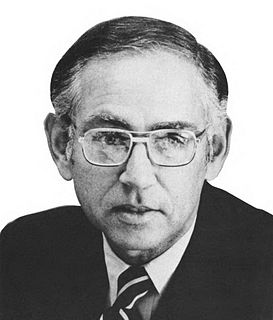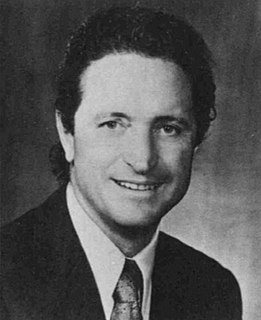A Quote by Jay Abraham
An amazing thing, the human brain. Capable of understanding incredibly complex and intricate concepts. Yet at times unable to recognize the obvious and simple.
Related Quotes
Science talks about very simple things, and asks hard questions about them. As soon as things become too complex, science can't deal with them... But it's a complicated matter: Science studies what's at the edge of understanding, and what's at the edge of understanding is usually fairly simple. And it rarely reaches human affairs. Human affairs are way too complicated.
The structure of the human brain is enormously complex. It contains about 10 billion nerve cells (neurons), which are interlinked in a vast network through 1,000 billion junctions (synapses). The whole brain can be divided into subsections, or sub-networks, which communicate with each other in a network fashion. All this results in intricate patterns of intertwined webs, networks of nesting within larger networks.
One can expect the human race to continue attempting systems just within or just beyond our reach; and software systems are perhaps the most intricate and complex of man's handiworks. The management of this complex craft will demand our best use of new languages and systems, our best adaptation of proven engineering management methods, liberal doses of common sense, and a God-given humility to recognize our fallibility and limitations.
All propaganda or popularization involves a putting of the complex into the simple, but such a move is instantly deconstructive. For if the complex can be put into the simple, then it cannot be as complex as it seemed in the first place; and if the simple can be an adequate medium of such complexity, then it cannot after all be as simple as all that.
What makes it possible to learn advanced math fairly quickly is that the human brain is capable of learning to follow a given set of rules without understanding them, and apply them in an intelligent and useful fashion. Given sufficient practice, the brain eventually discovers (or creates) meaning in what began as a meaningless game.
Modern brain-scan technology has revealed that each person shapes a completely unique brain. Other studies have documented the amazing regenerative ability of the brain, which can be reshaped by the power of your mind to bring you the world you desire. Knowing that, the obvious question arose: Why not use your mind to create the brain you want, using conscious choice?



































